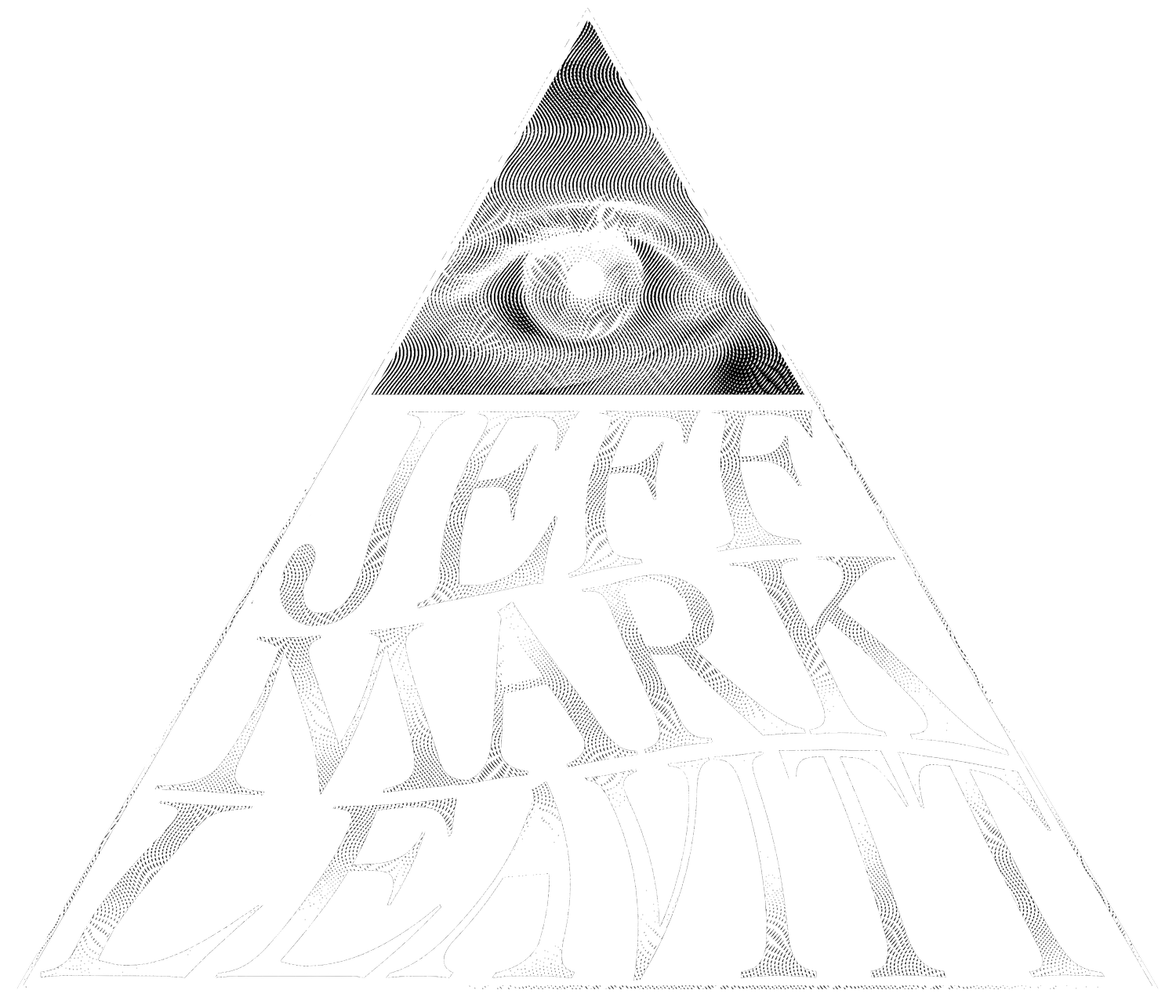
Sometimes the most shared aspects of our built environment are the most criminally unnoticed. The dingbat apartment building is an endangered species wholly unique to Los Angeles, yet its ubiquity renders them invisible to those that drive past them everyday. Supported by the stilts of these architectural unsung heroes are the life events of thousands of Angelenos, and the joys and sorrows felt by the dingbat’s denizens weave them within the social fabric of our domestic sphere. Our built environment is a construct—just like social mores, gender, or notions of domesticity—and it is one through which people can relate to each other via shared experiences.
“At once perhaps the most maligned and the most ignored type of building in Los Angeles because of its ubiquity and because of its generic design, the dingbat has served faithfully for almost seventy years. It first appeared in 1954 during the post-war housing and development boom as LA became both increasingly dense and further sprawling, in many cases replacing single-family houses…
What are dingbats, exactly? Generally, they’re simple: two or occasionally three-story, wood-framed apartment buildings clad in stucco, with living space cantilevered over carports and supported by the spindliest steel stills. They may be simply design and utilitarian in their construction, but they have imagination—
their decorative facades are as diverse in theme and detail and as charming in that optimistic, Mid-Century way as one could wish … It’s easy to think of all dingbats as one type, though there are a considerable number of variations in design; but when compared as individuals, they readily reveal unique personalities.”
-Caylin Ellowitz, “Bat Country: The Los Angeles Dingbat Today,” SOVO// Magazine, Issue 6: Structure
The Technical
Originally published as the photography for “Bat Country: The Los Angeles Dingbat Today,” SOVO// Magazine, Issue 6: Structure. The first three images were shot on Kodak Ektachrome 35mm color reversal film with a Canon 1V. The rest of the images are digital and shot with a Canon 6D. The lighting is a mix of natural sun and studio strobe lights. Dingbat was shot on location in Los Angeles to much catcalling and jeering from motorists who have never seen a woman before.












